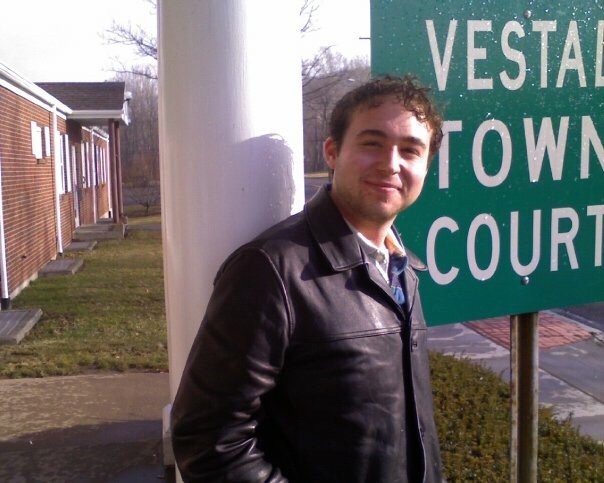He sat across from me in my apartment, knees bouncing. He wasn’t my client—he was my friend. A man I’d known since college. Smart, guarded, self-deprecating, always reading memoirs, always avoiding mirrors.
He’s Asian. Grew up in a strict religious household, the kind where you don’t say the word gay unless you’re renouncing it.
We’d never talked like this before.
He said it in a burst, like it had been burning inside his chest for years.
“I get off to anti-gay shit. I watch sermons on YouTube—pastors condemning queers, talking about hell. And then I jerk off to a podcast about two guys touching for the first time in a college dorm. What the fuck is that? I hate it. But I can’t stop.”
He laughed when he said it. But his eyes were wrecked.
As a therapist, I know how trauma shows up in the body. How it buries itself in desire. How our nervous system will mistake shame for intimacy because that’s the only way we were first allowed to feel it.
But hearing it from him—from someone I cared about—hit differently.
He said,
“I’m not even out. I’m not even sure I’m gay. But I want to be dominated by men. I want them to want me so bad they forget their religion. I think I want to feel that powerful—like I can reverse all the times someone told me I was disgusting.”
And I thought:
This is what we don’t talk about.
This is the hidden war inside so many queer men—especially queer men of color raised in families where masculinity is obedience, not expression. Where desire is disciplined, and silence is safety.
He isn’t broken. He’s surviving in a system that taught him to eroticize his own erasure.
There’s a reason shame turns some men on.
There’s a reason dominance feels like home.
There’s a reason first-time stories—trembling hands, stolen kisses, dorm room secrets—are the closest thing some of us have to romance.
What we call “kinks” are often just trauma rehearsals dressed in arousal.
And healing doesn’t mean shutting them down.
It means holding them gently and asking, What do you need me to know?
I’m not writing this to diagnose him.
I’m writing this because I want more therapists—and more people—to see this.
To understand that queerness doesn’t always come wrapped in pride flags and perfect pronouns. Sometimes it comes in the form of guilt-soaked orgasms and confused search histories. Sometimes it looks like a man you love whispering,
“I wish I could just be normal.”
But maybe normal isn’t the goal.
Maybe being whole means learning how to hold the contradictions without

J. Peters
Book Author.
- J. Peters
- J. Peters
- J. Peters







